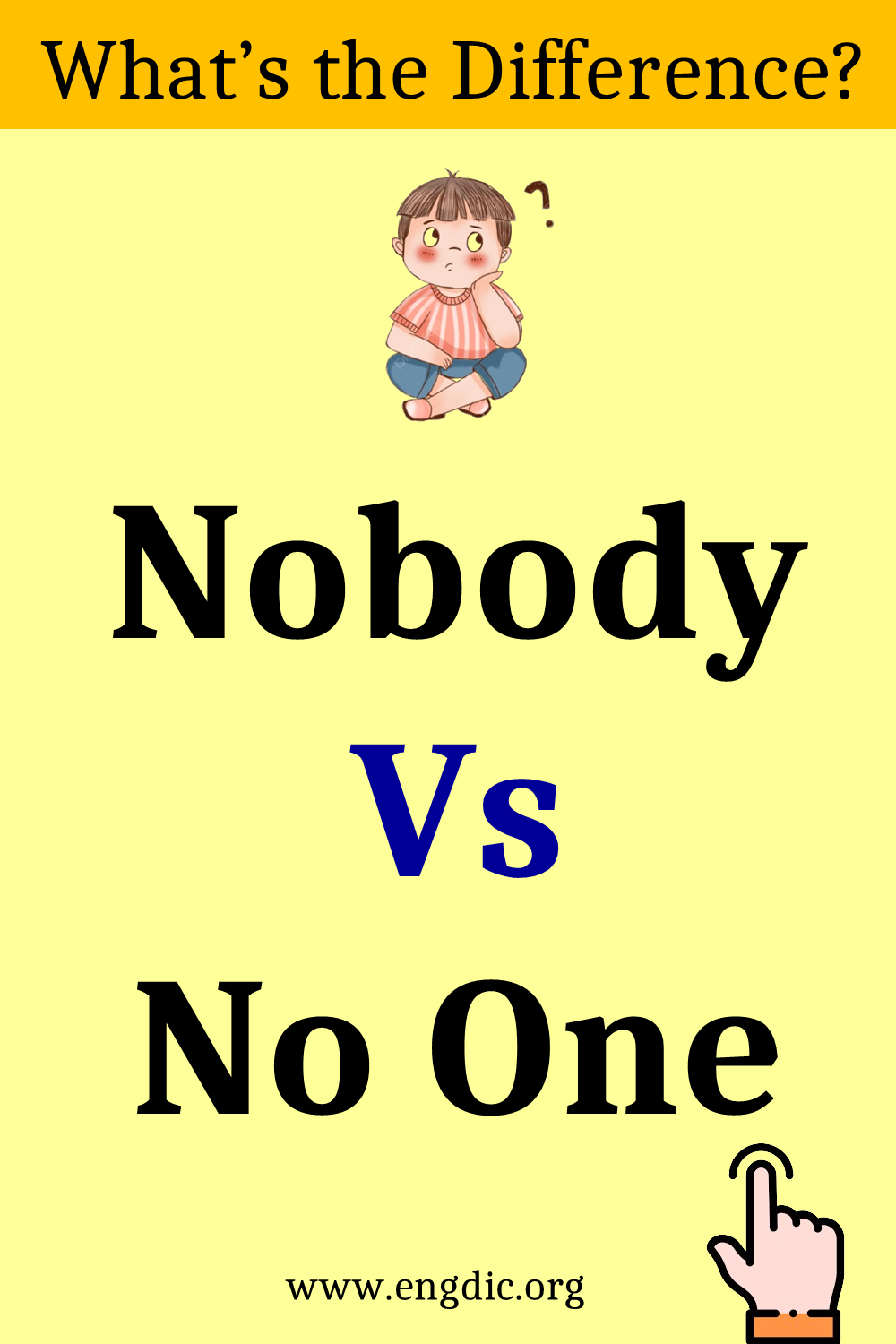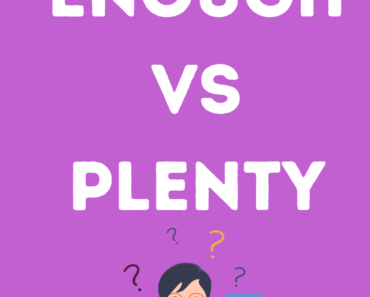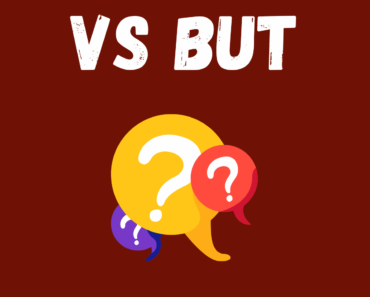“Nobody” and “no one” essentially have the same meaning and are often used interchangeably in English sentences. Both are pronouns that mean “no person” or “not anyone.” However, there are subtle differences in their usage, tone, and context that might make you choose one over the other in different situations. Below, I’ll break down the differences in usage, connotations, and stylistic aspects of “nobody” and “no one.”
Nobody vs No One
1. Formality and Style
- No one: Generally considered slightly more formal than “nobody.” It is often preferred in formal writing.
- Nobody: Tends to be more informal and casual. It is commonly used in spoken English and informal writing.
2. Phonetic and Visual Impact
- No one: Can sometimes be mistaken for “noon” when written quickly or read hastily, due to its visual similarity.
- Nobody: Avoids this visual ambiguity and is phonetically distinct, making it less likely to be misread.
3. Usage in Sentences
- No one: Often used to emphasize the individuality of the non-existence. For example, “No one could solve the puzzle,” implies that not a single person was able to do it.
- Nobody: This term might feel stronger and more emphatic in denial. For instance, “Nobody knew the answer,” can stress the absolute lack of knowledge among all involved.
4. Historical Usage
- No one: Has been in use since the early 15th century, holding a stable role in the English language.
- Nobody: Although similar in age, it might carry a more colloquial tone that has evolved in common speech.
5. Connotations
- No one: May carry a more isolated, singular connotation, focusing on the absence of a single individual capable of doing something.
- Nobody: Might suggest a more collective emptiness, implying a group absence or lack.
6. Poetic and Expressive Use
- No one: Its structure as two separate words can offer poetic flexibility, useful in verse or structured prose.
- Nobody: Offers a compact, solid form that can be impactful in speech or dialogue in narratives.
Conclusion
While “nobody” and “no one” are interchangeable in most contexts, the choice between them can subtly affect the tone, formality, and clarity of your message. Whether you choose “nobody” or “no one” might depend on the context of your communication, the style you aim to convey, and the audience you are addressing.







